Stirling’s beloved Christie Clock will undergo a full reinstatement costing £873,460, more than a year after its shock demolition.
At a full meeting of Stirling Council on December 12, officials were presented with four options to reinstate the landmark.
These included a full restoration, a delay in reinstatement, and replicating all or some of the design with new stonework.
The decision was taken to restore the column and clock head with as much of the existing stonework as possible.
This was described as the “most optimum method” from a conservation view, and was recommended by council officers.
However, Green councillor Alasdair Tollemache and independent Alasdair MacPherson were both in favour of option four.
This would have involved preserving the plinth and delaying restoration plans.
Locals were left shocked and outraged when the 117-year-old Christie Clock was torn down in September 2023.
A month later, Stirling Council bosses pledged to rebuild the clock.
However, in March councillors rejected the £873,000 repair bill and opted to examine more “cost-effective” solutions.
What happens to the Christie Clock now?
The plinth of the Christie Clock – a memorial to former provost George Christie, erected in 1906 – still stands in Allan Park.
The crown, clock and column were all removed, with some sections reported to be “intact”.
It is expected the reinstatement process will require 24 weeks for preparation work, 29 weeks for off-site restoration, and 26 weeks for on-site works.
This gives an estimated restoration date of October 2026.
What were the other options?
Councillors were presented with four options when deciding the fate of the Christie Clock.
They selected option one, priced at £873,460, which is a full restoration with as much of the stonework as possible.
Option two, priced at £827,850, was to replicated the column with new stonework while restoring the clock head.
A replica of the column and the clock was included in option three, using new stone with a bill of £808,753.
The cheapest option, estimated at £33,800, was to delay the repair.
Under this decision, the plinth would be preserved with a bespoke capping piece to prevent further water ingress and weathering.
It would also have been cleaned and repointed.
This option was added to ensure that, in the event Stirling Council was instructed by officials to rebuild the clock or financial pressures eased, this would still be possible.
For more Stirling news and features visit our page or join us on Facebook
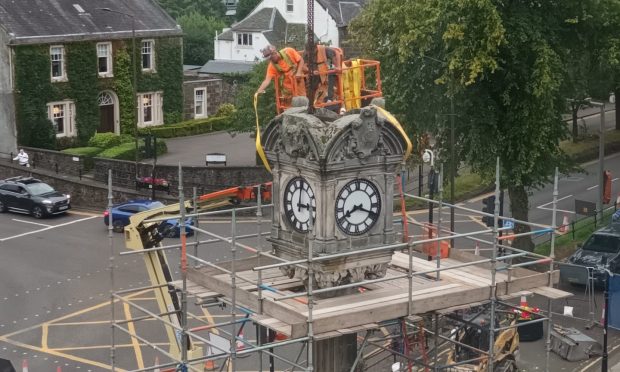
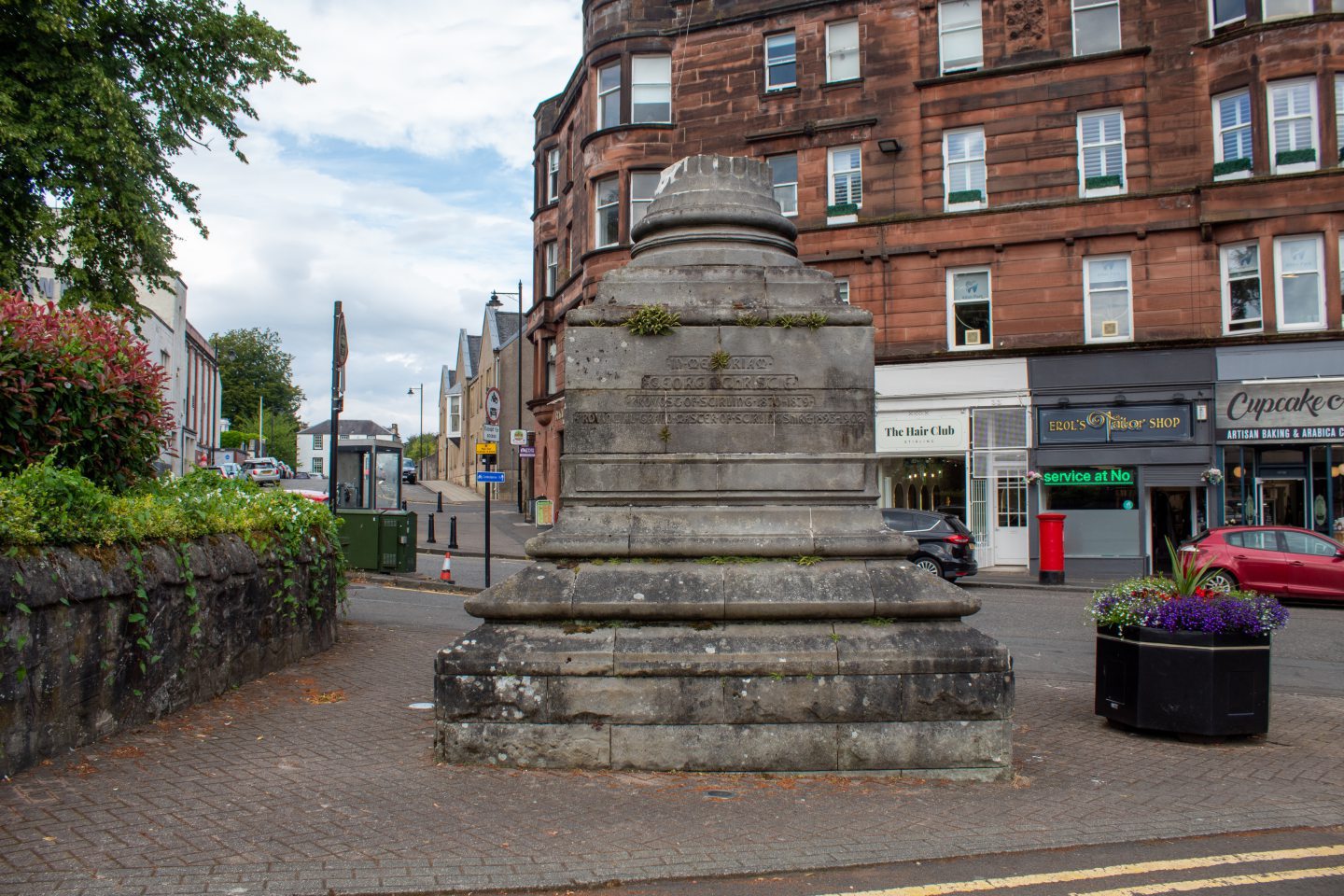
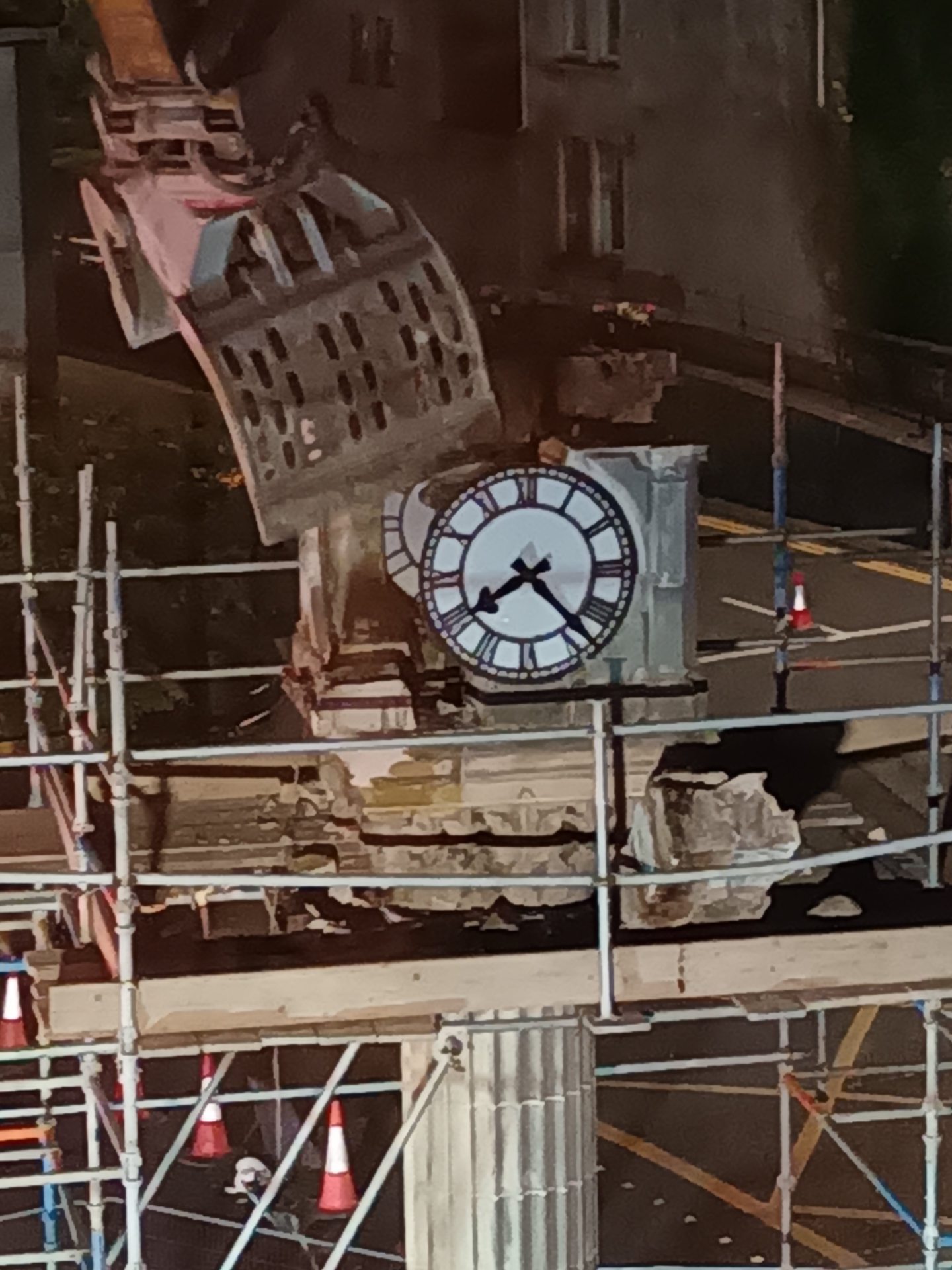
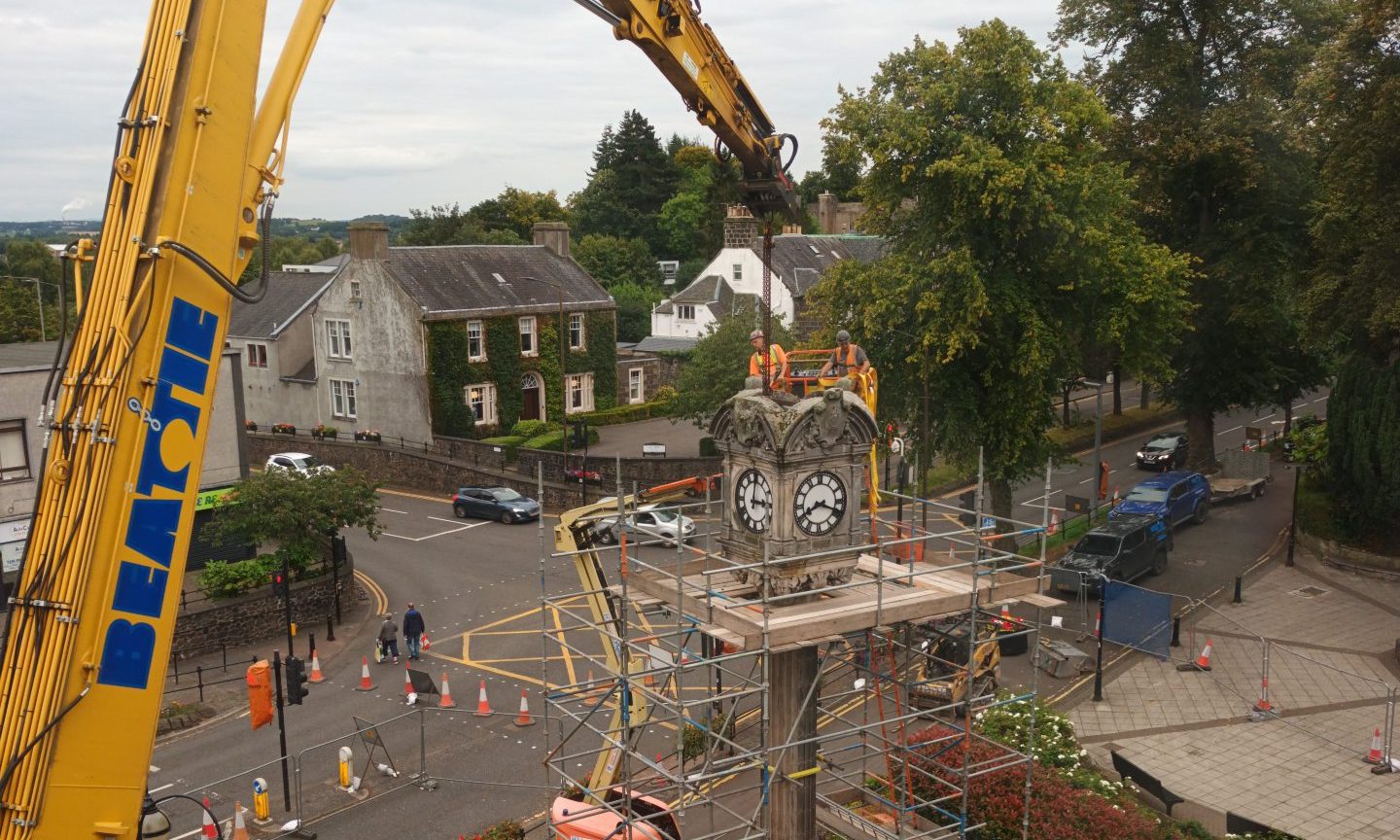

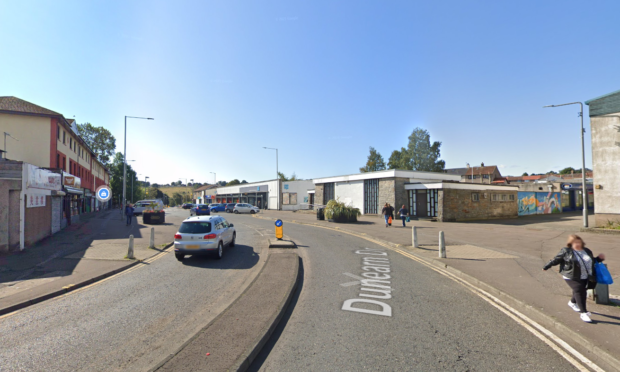

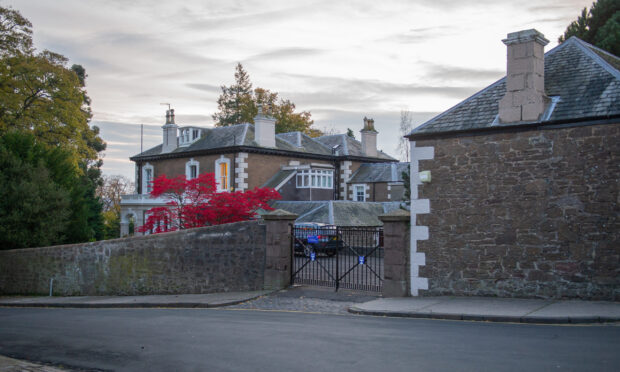







Conversation